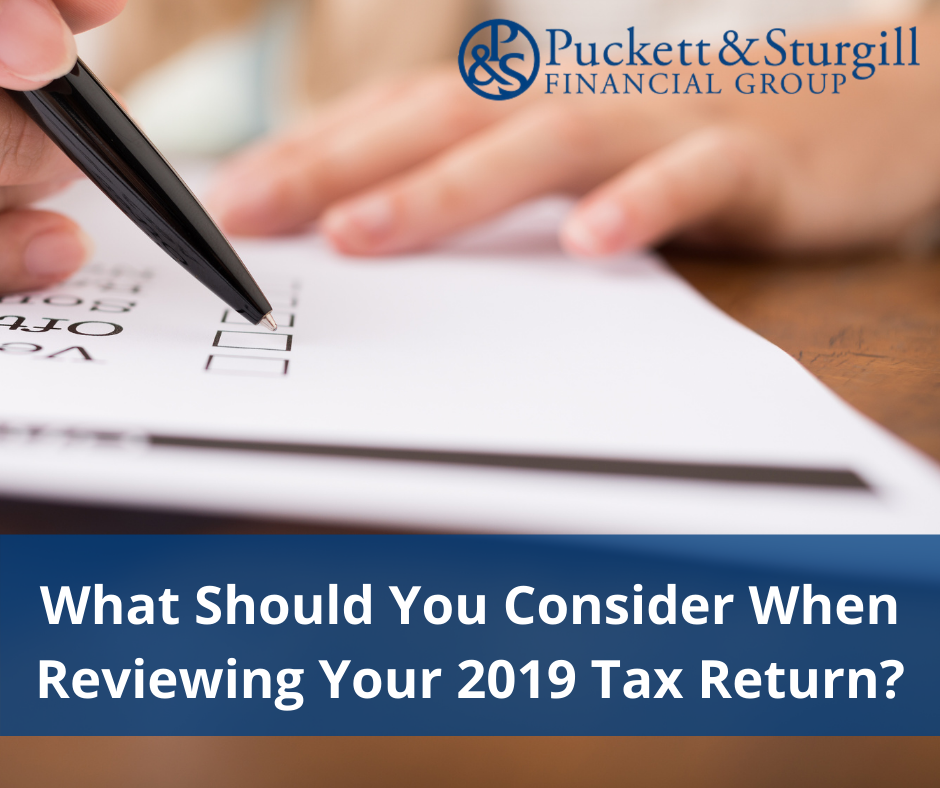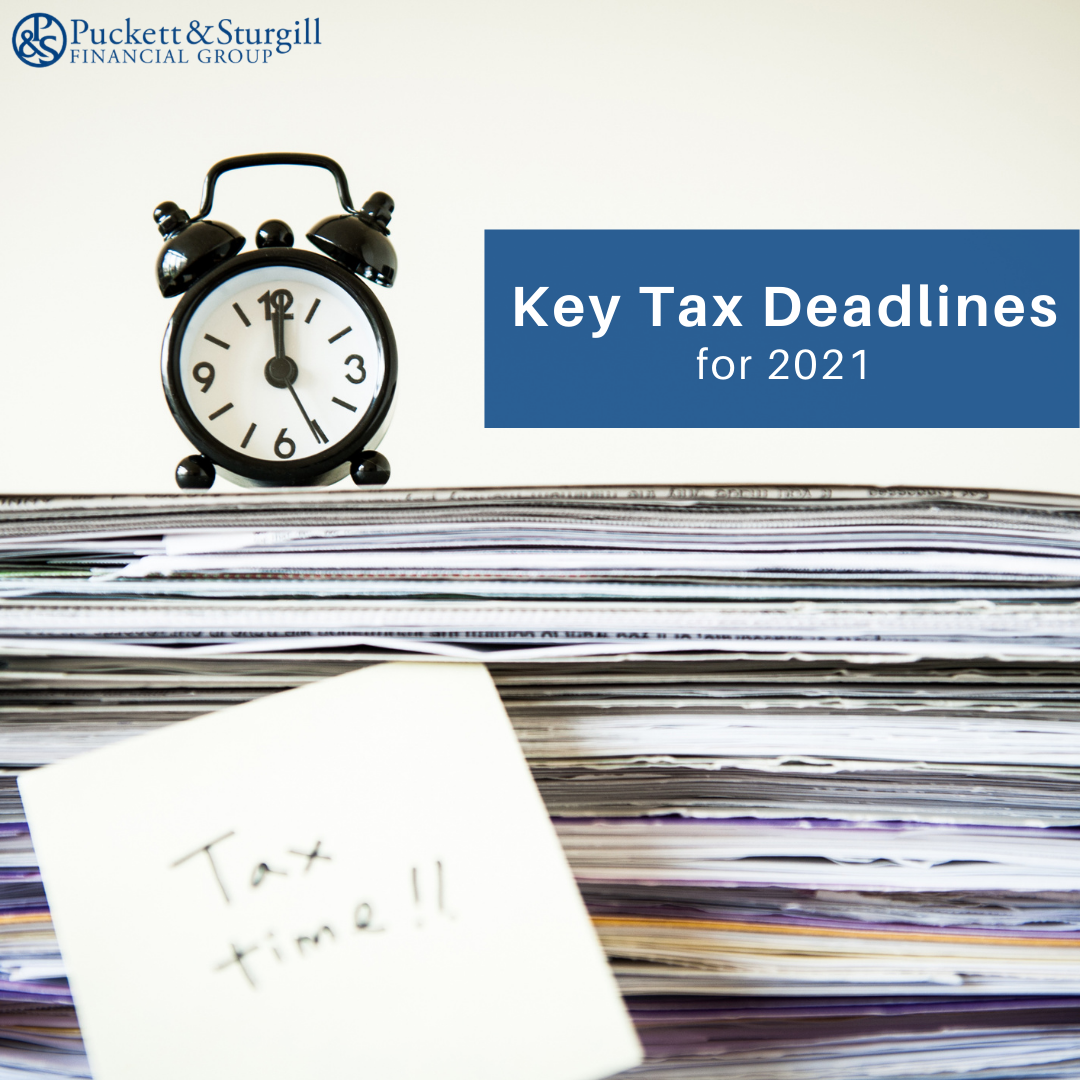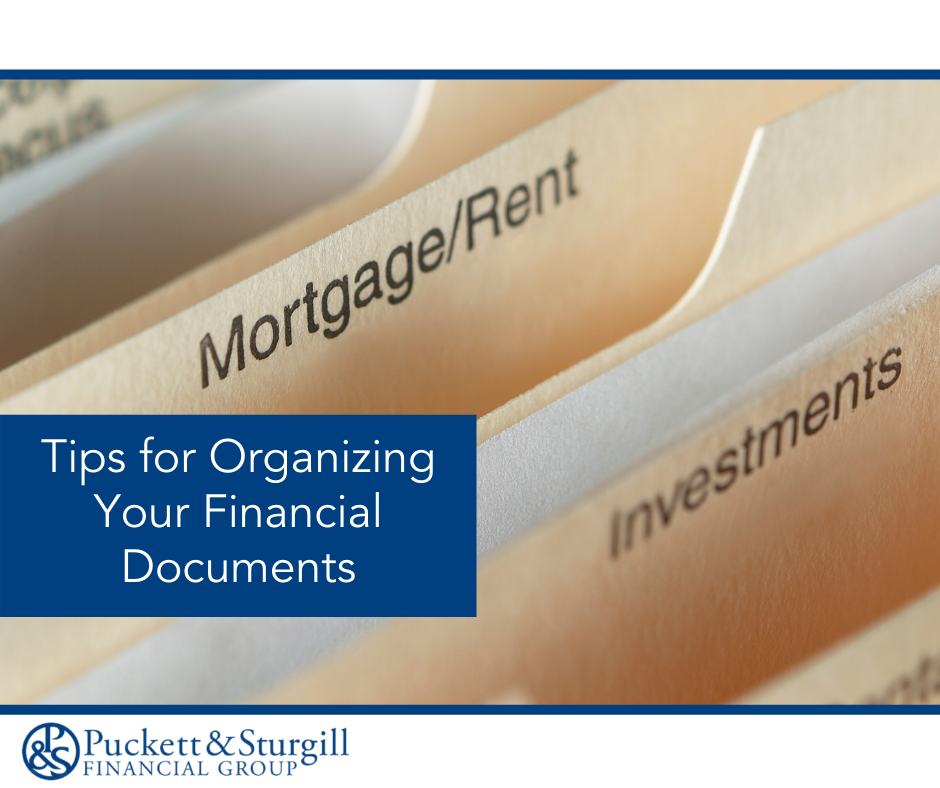
Is the Roth 401(k) an Option for You?
Since it first became available in 2006, many employers have added the Roth 401(k) to their benefit packages as a retirement savings option. A Roth option is available for Individual Retirement Accounts (IRAs) and 401(k) and 403(b) accounts. To see if a Roth 401(k) would be appropriate for your situation, let’s take a closer look. To Roth or Not to Roth To start, let’s consider the advantages and disadvantages of both types of 401(k)s. With a traditional 401(k), you make contributions on a pre-tax basis, which lowers your current income subject to taxation, and earnings in the account have the potential to grow tax deferred. However, your distributions in retirement are subject to ordinary income tax. On the other hand, your contributions to a Roth 401(k) are made with after-tax dollars, but potential earnings and distributions are tax free, as long as you have held the account for at least five years and are at least 59½ years old. However, non-qualified distributions may be subject to income tax and a 10% early withdraw penalty may also apply. So, is it better to pay taxes on your retirement funds now or later? The most appropriate choice for you may depend on your current tax situation and your long-term financial goals. It is important to keep in mind that the 401(k) annual deferral limits – $19,500 for taxpayers under age 50 and $25,500 for those age 50 or older in 2021 – apply to all 401(k) contributions, regardless of whether they are made on a pre-tax or after-tax basis. If you contribute to a Roth 401(k), you may have to reduce or discontinue contributions to your employer’s traditional 401(k) plan to avoid












